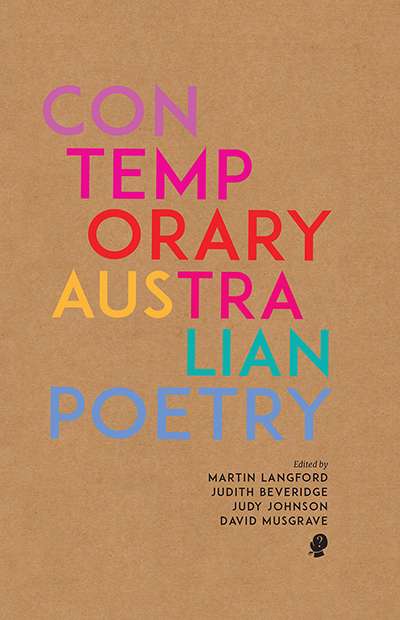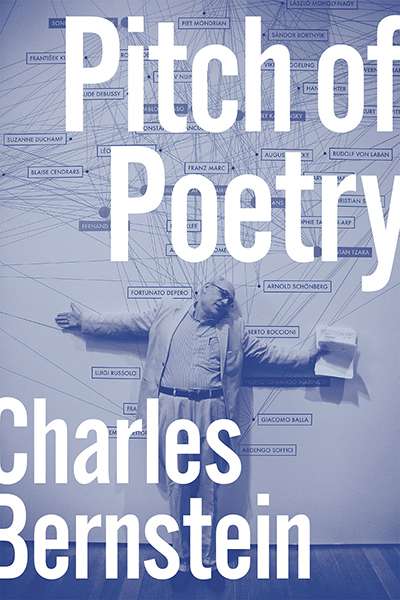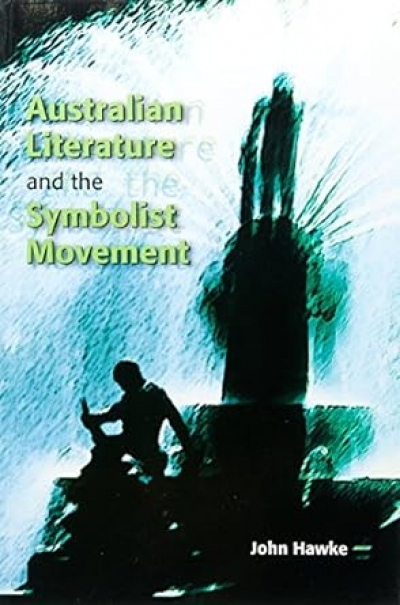John Hawke
Sign up to Book of the Week and receive a new review to your inbox every Monday. Always free to read.
Recent:
Contemporary Australian Poetry edited by Martin Langford et. al.
by John Hawke •
Rags of snow unmelting on the southern lawn.
Those younger ones, whose death turns
on the hair’s-breadth incidence of accident,
avoid this perduration of slow misrecognition.
Peter Kenneally reviews 'Crankhandle' by Alan Loney, 'Stone Grown Cold' by Ross Gibson, 'Aurelia' by John Hawke, and 'Dirty Words' by Natalie Harkin
by Peter Kenneally •
Poetry books as artefacts in their own right, regardless of commercial viability or relevance to the click-bait Zeitgeist, are currently showing sturdy signs of life, so it is a welcome development to have the online Cordite Review sensibility fixed in print, in a palpable way and on a gras ...
Australian Literature and the Symbolist Movement by John Hawke
by Jeffrey Poacher •




